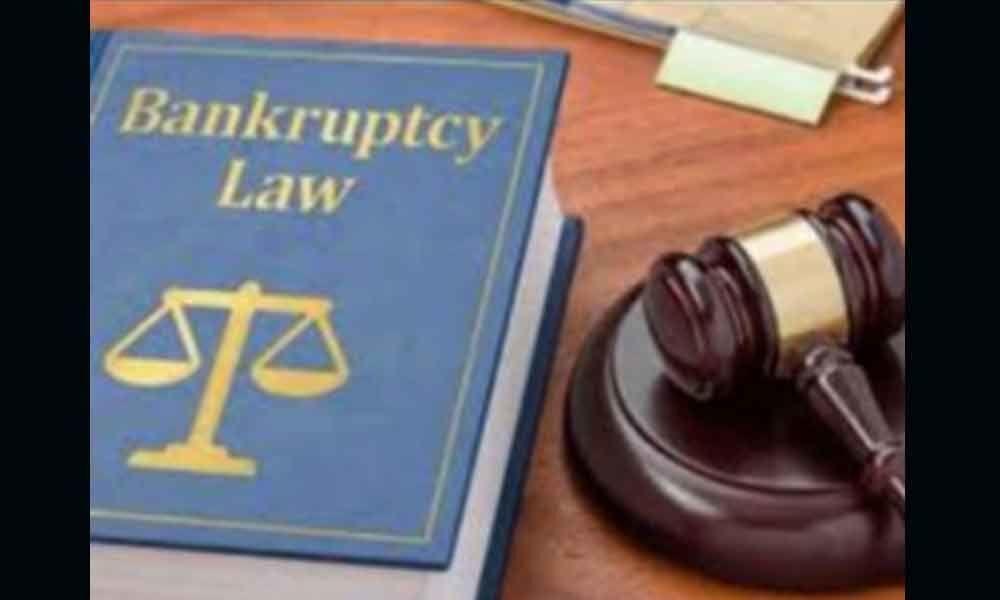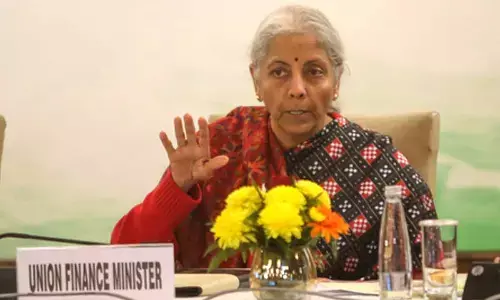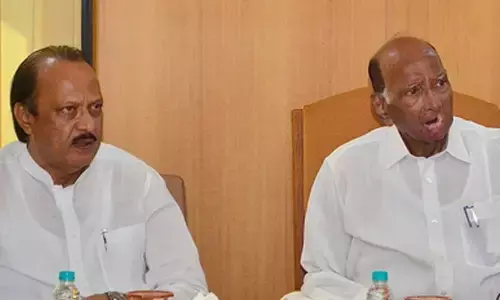IBC resolution plans yielding 200% of liquidation value

Creditors are realising, 45% of their claims, compared to the previous regime which yielded a recovery of 25%and took about five years and entailed a cost of 9%
New Delhi: Resolution plans under IBC have yielded 200 per cent of liquidation value for creditors in addition to rescuing viable firms, IBBI Chairperson M S Sahoo has said.
"They are realising, on an average, 45 per cent of their claims through resolutions plans under the Corporate Insolvency Resolution Process (CIRP), which takes on average 300 days and entails a cost on average of 0.5 per cent.
This is significantly better as compared to the previous regime which yielded a recovery of 25 per cent for creditors through a process which took about five years and entailed a cost of 9 per cent," Sahoo was quoted as saying in a Ficci statement.
Addressing a conference on Insolvency and Bankruptcy Code (IBC) at Hong Kong on Thursday, he observed that "in addition to rescuing viable firms, which is the sole objective of IBC; resolution plans under IBC have yielded 200 per cent of liquidation value for creditors."
He noted that the repayment of debt is no longer an option, it is an obligation as tolerance for default has disappeared.
"A stakeholder may initiate CIRP of the firm when it fails to service its debt for the first time. If process is initiated, the Code shifts control from the debtor to creditors for resolution of insolvency.
"Through the process of resolution, the ownership often shifts to third parties. Thus, ownership of firm is no more a divine right and equity is no more the only route to own a company," the Insolvency and Bankruptcy Board of India (IBBI) Chairperson said.
He said the creditors also need to explain to themselves and their stakeholders why they initiated an insolvency proceeding or why they did not, in case of a default. Consequently, there would never be a high value default if this law exists in the statute book.
Sahoo acknowledged the support of the judiciary, government and the regulators in facilitating implementation of the Code, both in letter and spirit.















